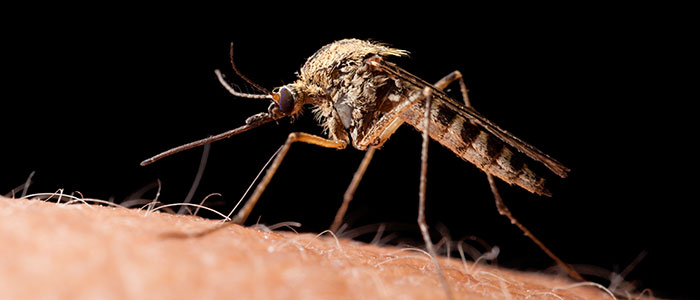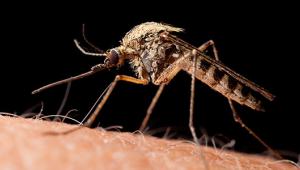In a briefing to the WHO’s executive board, WHO director general Margaret Chan said the lack of population immunity as well as the potential for further spread and an absence of vaccines or treatments meant the rapidly spreading virus was a cause for deep concern. It is thought to cause neurological deformities in newborn children.
After being detected in the Americas last year, the virus was now spreading “explosively in the region”, she said. “The level of alarm is extremely high.”
In total, 23 countries and territories in the region have reported cases. The WHO warned earlier this week that the virus, which typically results in mild fever, conjunctivitis and headache, is likely to spread.
The outbreak is likely to touch all countries of the Americas where Aedes mosquitos, which carry the virus, are found. This includes everywhere in the region expect for Chile and Canada. Aedes mosquitoes are also common in Africa and Asia Pacific.
Chan noted that conditions associated with this year’s El Niño weather pattern, the cyclical warming of the tropical Pacific which gives rise to extreme weather around the world, is likely to significantly increase the mosquito populations in many areas.
In Brazil, where the first cases of the outbreak were reported, the virus has been linked to a rise in cases of microcephaly, a foetal deformity which causes babies to be born with underdeveloped brains. Little is known about how the two are connected.
Chan announced that an emergency commission would be convened to determine whether the outbreak constitutes an international public health emergency.
The commission will advise on whether to announce a public health emergency of international concern – the same alarm that was raised, too late according to many, amid the Ebola outbreak that began in 2013.
“The level of concern is high, as is the level of uncertainty,” said Chan. “Questions abound. We need to get some answers quickly.”












